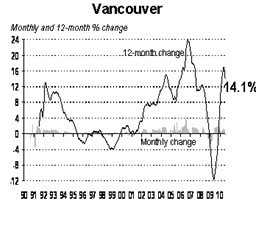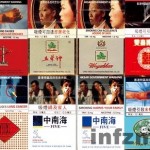According to a research report in 2005, only a minority of American households feels “confident” about retirement saving adequacy, and a one-third of adults in their 50s say they have failed to develop any kind of retirement saving plan at all (Lusardi 1999, 2003; Yakoboski and Dickemper, 1997).
http://citeseerx.ist.psu.edu/viewdoc/downloaddoi=10.1.1.74.1946&rep=rep1&type=pdf
That means a lack of financial literacy which will cause avoidable loss of individuals due to the lack of common sense to finance.
As time goes by, people are attaching more importance to finance. More people start to understand that finance is close to their life. Canadians are flocking to online tools to learn more about their finances, according to a report from the Financial Consumer Agency of Canada.
Read more: http://www.cbc.ca/money/story/2010/10/08/con-fcac-report.html#ixzz11uBUsn2i
After an access to the financial knowledge, ordinary people are now more interesting in how to decide among safe and risky savings
opportunities and how do intermediaries assist in the savings and investment decisions, which are important to be considered in finance.
Now, there are a growing online tools which can help ordinary people to manage their financial decision, such as the website called The City, http://www.mymoney.gov/ and many others. The growing use of these tools really helps people to manage their money.






